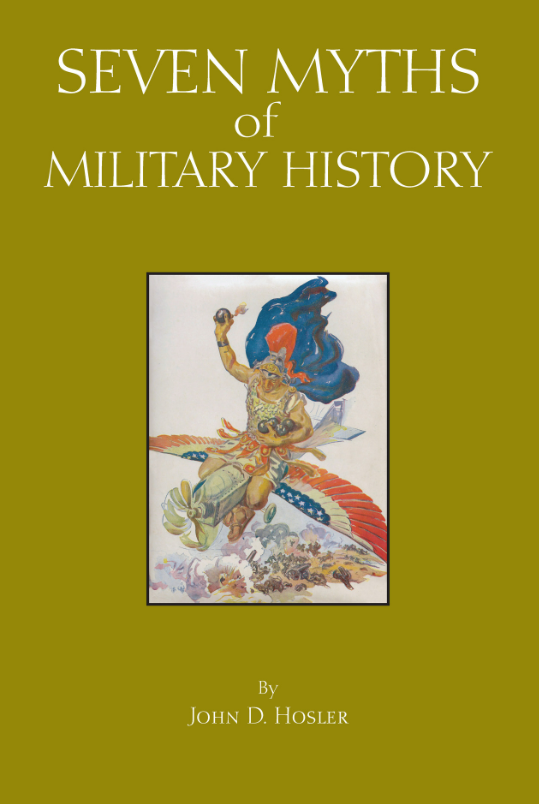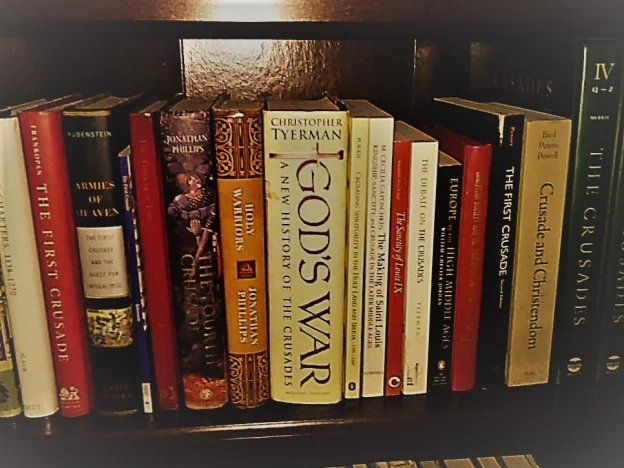Editor’s note: The following essay is reprinted from Religion and World Civilizations: How Faith Shaped Societies from Antiquity to the Present, 3 Vols. (edited by Andrew Holt). Copyright © 2023 by Bloomsbury Academic. All rights reserved. Reproduced here with the permission of Bloomsbury Academic (Ordering information provided below).
Christians and Muslims had often engaged in warfare prior to the sixteenth century, when the Protestant Reformation resulted in the emergence of a third major division of Christianity, to include Protestantism, Catholicism, and Orthodoxy. Muslims engaged in jihad against Orthodox Byzantine Christians as early as the seventh century and against Latin Christians in the Iberian Peninsula and the Mediterranean in the eighth century. During the late eleventh century, Latin Christians developed a unique type of holy war that would come to be known as a crusade, which would develop institutionally and continue in varying parts or forms into the early modern era. When the earliest leaders of the Protestant Reformation began to emerge during the early sixteenth century, it is perhaps not surprising that they rejected crusading, as it depended on papal authority and offered indulgences to participants, both of which had been rejected by the influential German monk and reformer Martin Luther (d. 1546). In the case of Luther, we can see a development of thought on the issue of Christian participation in warfare necessitated by concerns that emerged as a result of the Ottoman threat to Europe in the early sixteenth century. While Luther’s early commentary on the subject rejected the validity of Christian warfare against the Turks, he would later come to embrace it under limited circumstances that aligned with his evolving Protestant views of Christian morality and ethics.
Continue reading









